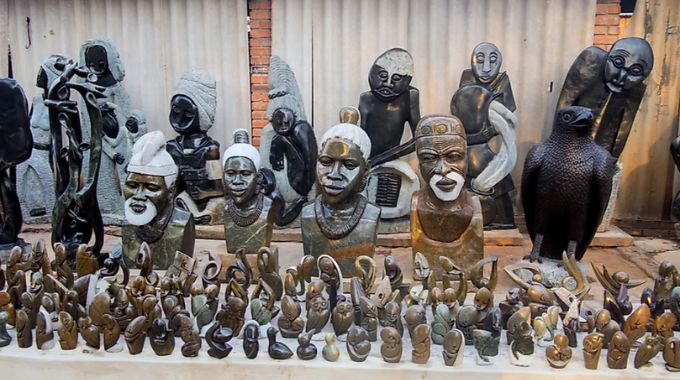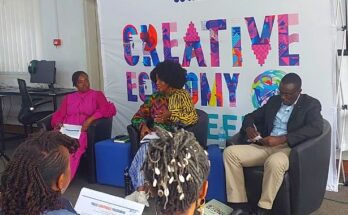The Connect for Culture Africa National Working Group (CfCA NWG) in Zimbabwe has unveiled the findings of their comprehensive Baseline Survey titled “Public Funding for Culture in Zimbabwe: Lessons from, and Actors in the Field.”
This study, commissioned by Selam, a prominent Pan-African organization headquartered in Sweden with offices in Addis Ababa and Nairobi, provides crucial insights into the state of cultural funding in Zimbabwe.
Selam: A Catalyst for Cultural Development
Established in 1997, Selam has grown into an influential entity in the cultural sector, fostering partnerships with artists, cultural producers, private enterprises, media, institutions, researchers, and government bodies across Africa and beyond.
The organization actively participates in global and African culture networks, hosting annual networking meetings and Pan-African conferences in regions including Africa, Europe, Latin America, the Caribbean, and Asia.
Selam’s ongoing projects reflect its commitment to cultural advocacy and development.
Key Projects and Initiatives
Selam is currently spearheading two significant Pan-African projects: The Pan African Network for Artistic Freedom (PANAF) and the Connect for Culture Africa (CfCA).
In Ethiopia, the organization runs a national project that further demonstrates its expansive reach and impact.
The CfCA initiative, implemented in partnership with the African Union (AU), aims to elevate the cultural and creative industry sector within AU member states.
One of CfCA’s primary objectives is to advocate for African states to allocate at least 1% of their national budgets to arts, culture, and heritage by 2030.
The CfCA also seeks to increase awareness of the economic value of Africa’s creative sector through research and data publication.
Additionally, it aims to strengthen partnerships and networks among stakeholders in the arts, culture, and heritage sectors across the continent.
Findings of the Baseline Survey
The Baseline Survey conducted by CfCA NWG identified several key challenges and opportunities within Zimbabwe’s arts and culture sectors.
The findings highlight the economic impact of cultural investments and emphasize the role of culture in sustainable development.
Moreover, the survey provides valuable insights into the needs of cultural actors and organizations in Zimbabwe.
Key highlights from the survey include:
- Economic Potential: The survey underscores the significant economic contributions of the creative sector in Zimbabwe. It advocates for increased public and private investment to harness this potential fully.
- Sustainable Development: The cultural sector plays a crucial role in sustainable development, contributing to social cohesion and national identity. The survey emphasizes integrating cultural policies into broader development strategies.
- Policy Recommendations: The insights from the survey will inform policy recommendations aimed at enhancing the support for the arts and culture sectors. This includes advocating for better funding mechanisms, improved infrastructure, and capacity-building initiatives for cultural professionals.
- Stakeholder Collaboration: The success of cultural initiatives depends on robust collaboration among government ministries, agencies, artists, and the broader creative civil society. The survey acknowledges the invaluable cooperation and feedback from these stakeholders in Zimbabwe.
Looking Ahead
The findings of the Baseline Survey will serve as a foundation for future advocacy and policy development in Zimbabwe’s cultural sector.
By emphasizing the economic and social value of the arts, the survey aims to foster a more supportive environment for cultural growth and sustainability.
As Selam and its partners continue to promote cultural development across Africa, the insights from this survey will be instrumental in driving positive change. The call for increased funding and strategic support for the arts and culture sectors resonates not only in Zimbabwe but across the continent, highlighting the vital role of culture in Africa’s future.
The research was done by Josh Nyapimbi of Nhimbe Trust
For more information on Selam’s initiatives and the CfCA Baseline Survey, visit Selam’s official website.
- 263Culturehttps://263culture.co.zw/author/drumoyo/
- 263Culturehttps://263culture.co.zw/author/drumoyo/
- 263Culturehttps://263culture.co.zw/author/drumoyo/
- 263Culturehttps://263culture.co.zw/author/drumoyo/





